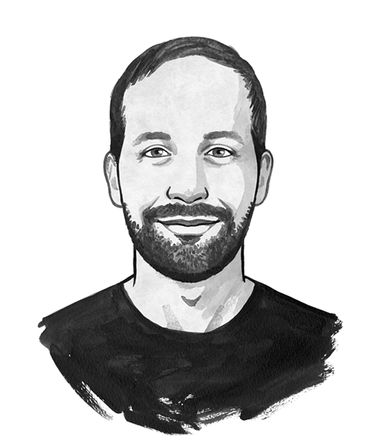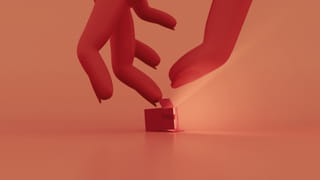This was a tumultuous year for me. But of course, every year in our climate emergency kind of feels like that.
We’re living in an era that is fundamentally different than any humans have experienced before. At countless points throughout history, in times of war or disaster, people have experienced this sense of shared fear, loss, injustice, and mourning. But this time, it’s happening across the whole planet.
So, several weeks ago, I wrote a newsletter trying to will myself to feel better. Honestly, that’s often pretty hard to do because I know I have a huge amount of privilege that will insulate me from climate disasters and allow my voice to reach a lot of people. Surely, I, of all people, should be doing a lot. Yet, on many days, I just … can’t.
The short piece was my way of making sense of what it feels like to do “enough” at a moment when, objectively, nothing you can do is ever enough. “We need to love ourselves and each other enough to recognise when we’re doing more instead of doing things differently. And then, together, we’ll be able to do enough.”
A comment from Elizabeth R Hall stopped me in my tracks:
“I love this, Eric. I often wonder if the cultural trend towards doing more, more efficiently and more quickly is indirectly contributing to our climate crisis.
I notice this in my own movements through the world – when I speed through life, racing from one moment to the next, I lose sight of what’s really happening around me. I don’t see the seasons changing or notice how this summer was drier than usual or how the birds don’t seem to be singing today or how infrequently I see a ladybug these days.
The act of slowing down, of paying attention, of listening – that’s exactly what ‘doing enough’ looks like in a climate emergency.
I’ve noticed that when I slow down and do slow things like tend my garden or till the compost or cook a meal from scratch I begin to pay attention to my environment again. My senses switch back on and I can reconnect with my world. Maybe the antidote to ‘Move fast and break things’ is ‘Move mindfully and mend them.’”
Elizabeth is exactly right here. The act of slowing down, of paying attention, of listening – that’s exactly what “doing enough” looks like in a climate emergency.
There’s plenty of evidence that spending time in nature, like Elizabeth suggests, has tangible benefits for our mental and physical health. The Earth literally repairs and replenishes us – when we let it. Moving more slowly shows us we can choose to have a healthier relationship with the planet, instead of a damaging one. Our goal can transform from “doing more” to “doing enough”. We are allowed to rest, and we are allowed to love.
Before Elizabeth’s simple reminder that someone was listening, I had been feeling isolated, alone and inept. She helped me remember I’m not doing this alone. I’m writing alongside people. I sometimes forget that as the correspondent the furthest number of time zones away from the newsroom.
In the new year, I will keep Elizabeth’s words close to my heart. I’m planning to convert my entire yard into garden space, something that will surely connect me to my neighbours. I’m planning on travelling overland across the entire continent with my two toddlers during the final summer before my oldest son, Roscoe, starts kindergarten. I’m planning a new phase in my public career as a journalist and doing a lot of public talks about what grief, hope and authenticity mean during an era of rapid change.
I’m not planning on doing these things because they are more. I’m doing them because (at least for me) they’re enough.


